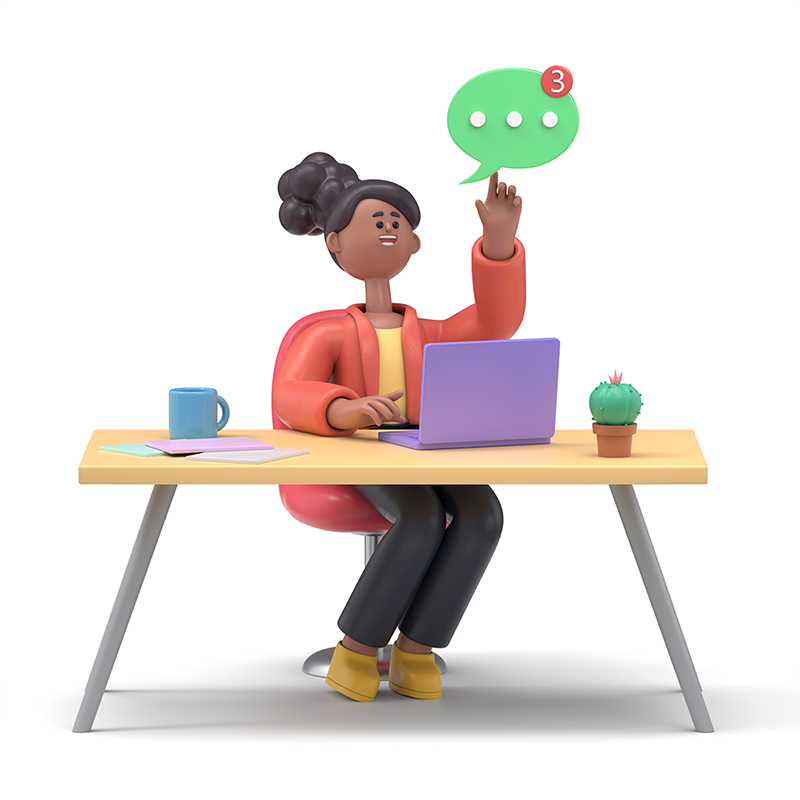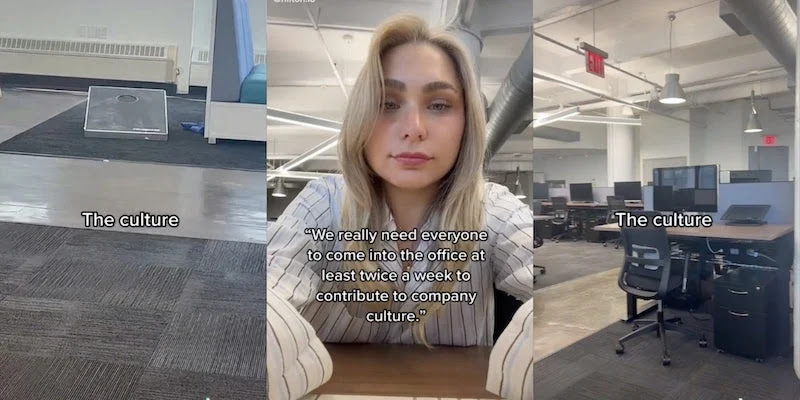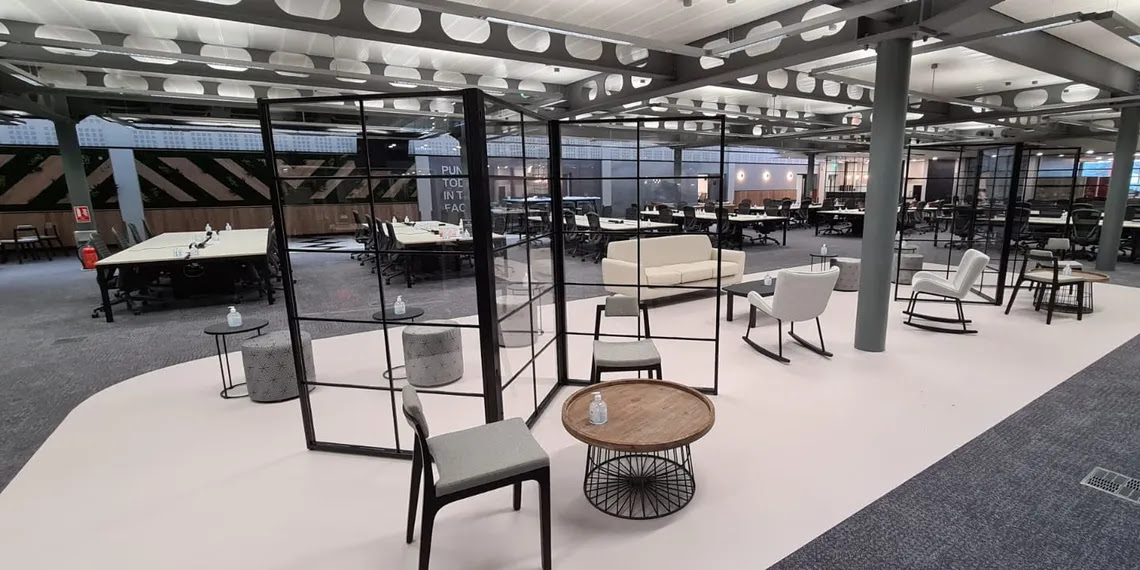
Lunchtable
News from the frontlines of hybrid work

Back to The Office or Not: Data Reveals What the Future Holds For Remote Work
Not so long ago, remote work had a bad reputation. Employers believed their workforce would be easily distracted and unable to keep their eyes on their direct reports. However, during the COVID-19 pandemic, employers were forced to shift to a remote work model for all employees to limit the virus's spread.
Let's look at the current state of the workforce and what the future holds for remote employment.
- Remote workers work 1.4 more days per month than office workers.
- Remote workers, on average, take longer breaks than office workers (22 minutes vs. 18 minutes) but work 10 minutes longer each day.
- Office workers are unproductive for an average of 37 minutes per day, excluding lunch and breaks, while remote workers are unproductive for just 27 minutes.
- Fifteen percent of remote workers said their boss interfered with their work, down from 22% of office workers who said the same thing.
The Evolution of Remote Work
Samantha Lambert, the executive of human resources at Blue Fountain Media stated:” Ten years ago, remote employment meant essentially telemarketing or customer service positions below minimum wage, and was rarely associated with a full-time career. Today, technology has enabled us to do our jobs, no matter where we are. Furthermore, we can be in contact with our co-workers or clients at any time.”
- Remote work couldn't be possible without helpful technologies such as video conferencing. Today’s live video feeds are helping out remote workers to speak with one another in real-time, which is almost as good as face-to-face meetings.
With these advances in communication technology and Internet access, remote work has become accepted in many offices in the United States and around the world. This kind of work is not all done at home. 4,444 remote workers use Coffee shops and co-working spaces. Furthermore, some travel the world while pursuing their career goals.
News Bits
Looks like Mark Zuckerberg isn't a “Reptilian” after all. Mark stated: “People are more productive working at home than people would have expected. Some people thought that everything was just going to fall apart, and it hasn’t. And a lot of people are saying that they’re more productive now”
At IBM, remote work helps break down hierarchical boundaries. Diane Gherson, former CHRO at IBM, proposes that the digital workplace will keep everyone informed at the same time, allowing more employees at different levels, within the organization to make decisions.
Remote work can play a key role in the fight against climate change. "Even if remote work turns out to be less productive than other metrics, it could be offset by reducing carbon emissions or improving work-life balance." - Mark W Johnson and Josh Suskewicz, Harvard Business Review.
Employees now and in the future. Nearly half of all full-time workers in the United States, or about 60 million workers, say their current jobs can be done at least part of the time from home. We refer to these employees as "remote-enabled employees."
Voice of the employee. About 53% expect hybrid employment and 24% expect to work remotely only. These changes will create never-before-seen office environments, nearly doubling the number of people working remotely at least part of the week (compared to pre-pandemic numbers).
The bottom line, remote work is here to stay, and hybrid work is the future.
OfficeTok

New York City-based TikToker Lo Hilton (@hilton.lo) posted a clip that’s been shared over 2,000 times and racked up over 36,000 likes on the popular social media platform. It also launched a discussion about the “uselessness” of businesses forcing employees to come into mostly empty workplaces to do their jobs post-pandemic.
Office design of the week

A 12,400-square-meter former aircraft hangar, Skyways House is the impressive home of Very's Liverpool headquarters. The Very Group recently turned its campus into an ideal place for innovation, collaboration and continuous learning as the £2 billion retailer works towards a permanent hybrid working model for its workforce.
Share if you care
Forward this message to your friends who would like this. And we'll send you some super cool stickers.





Deskfound, 422 Richards St #170, Vancouver, BC V6B 2Z4, Canada
Unsubscribe Manage preferences

